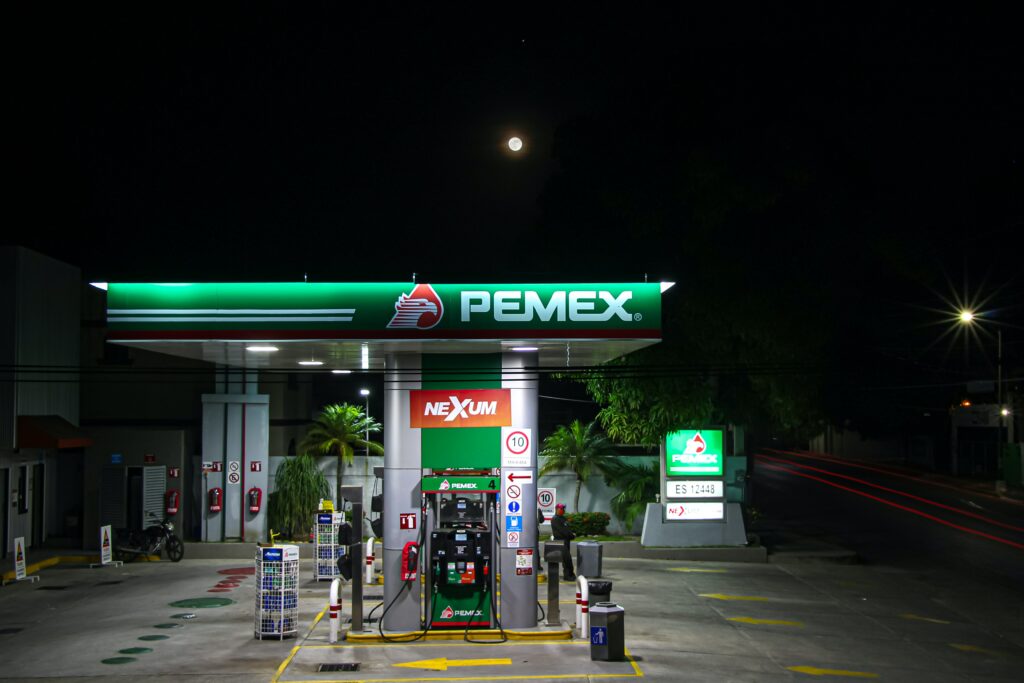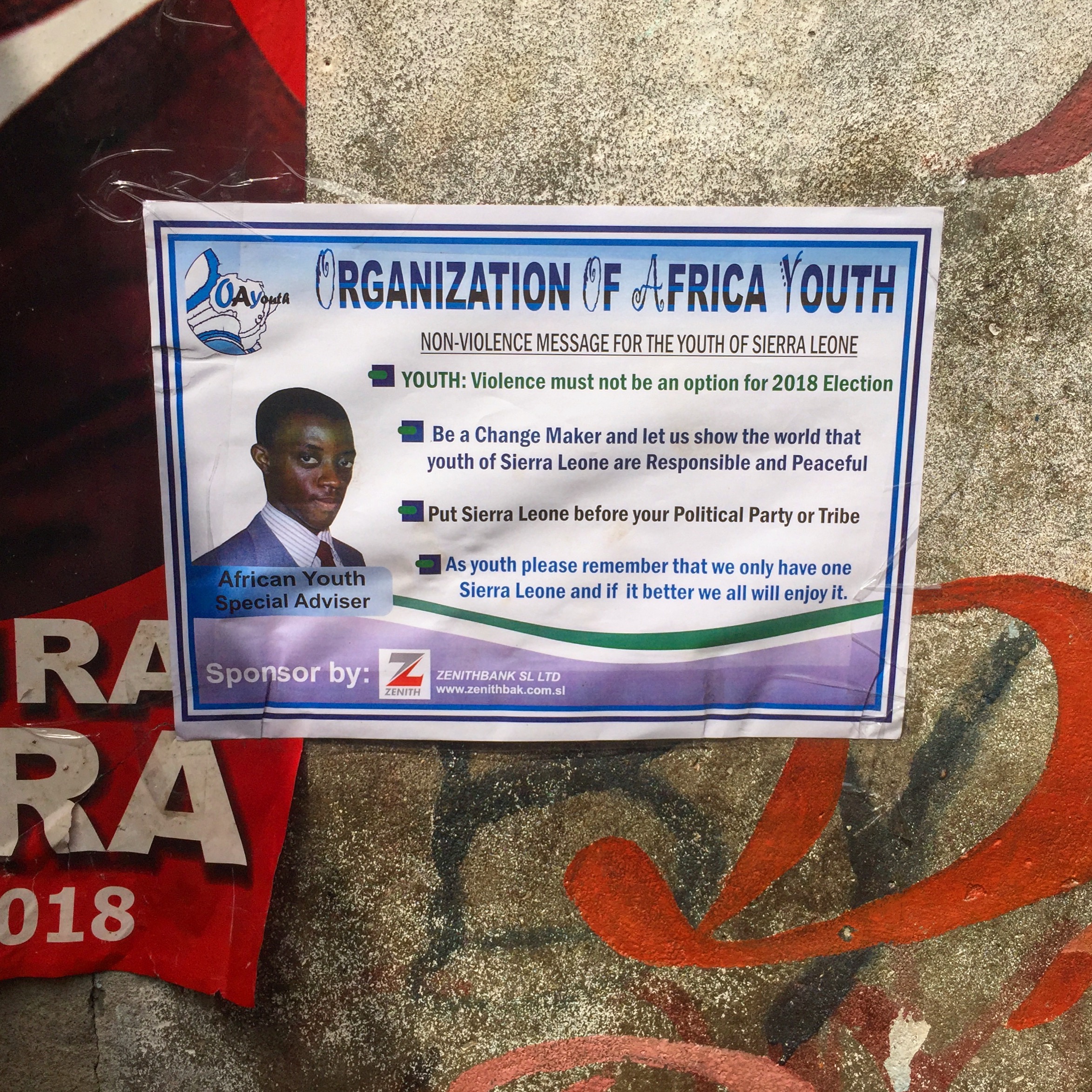
Organized criminal groups have severely hampered Mexico’s energy sector since the 2000s, as their violence and fuel theft have disrupted energy development, delayed sector diversification, and discouraged foreign investment. Cartel violence and theft influence energy companies’ work schedules and tasks, project risks, and maintenance costs. Organized criminal groups have contributed to delays in Mexico’s efforts to diversify the energy sector, especially in regards to natural gas production and shale development. High costs associated with private security contracts and initiatives, as well as a bleak outlook regarding violence, cause foreign firms to hesitate when considering ventures in Mexico.
State-owned petroleum company Petróleos Mexicanos (Pemex) provides about one-third of Mexico’s federal tax revenues, but at the same time the United States was experiencing significant increases in gas and oil production during the ‘shale revolution,’ Pemex announced its pipelines had been ‘practically taken over by organized crime and armed groups’ stealing the oil to sell on the black market. Fuel theft, or ‘huachicol,’ which steadily increased to an all-time high in 2018 of nearly 15,000 illegal taps and has only slightly subsided since then to 11,022 taps in 2020, has enabled cartels to diversify their portfolios and become even wealthier and more powerful. At the height of illegal siphoning, the Pemex CEO stated fuel theft was costing Pemex the equivalent of U.S. $1.5 billion per year. Recently, the frequency of these taps decreased due to arresting collaborators and an increased presence of security forces at siphoning hotspots. Security and theft concerns have shaken Mexico’s energy sector and will continue to hamper it until the government develops an efficient strategy to reduce violence, prevent fuel theft, and restore security.
Organized criminal groups’ activities have disrupted energy exploration, development, and production, largely stemming from the overlapping territory of cartels and oil and gas development. In December 2006, newly-inaugurated Mexican President Felipe Calderón launched a war on drugs that, within a few months, involved 20,000 troops in counter-drug operations across the country. Cartels retreated to their support zones, where they diversified portfolios to make up for destroyed drug crops and interdicted shipments. As oil prices rose globally, cartels stole from oil and gas facilities, trucks, and Mexico’s hard-to-defend 17,000-mile pipeline network, as their territories overlapped with the most prolific areas for oil and gas development. Fuel theft rendered greater profits than cocaine trafficking, as money spent on necessary equipment to extract fuel from pipelines could be recovered within two days of operations, due to strong profits in the black market. Violence between warring factions and high frequencies of fuel theft led Pemex and other firms to conduct daily security briefings and institute strict work hours to keep employees indoors between 4 p.m. and 8 a.m. Violence and illegal taps of pipelines also led Pemex to temporarily shut down stations and halt routine maintenance in some areas.
In addition to organized criminal groups’ direct targeting and violence, their activities have also affected communities through unintentional explosions caused by clandestine siphoning. These incidents involve excessive maintenance requirements to repair holes, but illegal taps of pipelines have also caused dozens of catastrophic accidents. The deadliest explosion occurred in Texmelucan in 2010 when a few members of the Zetas cartel tried to siphon oil from a pipeline, but a spark produced a gas explosion and oil fire that killed 29 and injured 52. Such incidents have diverted money away from further exploration and development to address urgent maintenance needs and pay for collateral damage.
These groups’ activities have also delayed the diversification of Mexico’s energy sector. Cartel violence hindering development contributes to Mexico’s consistent decline in natural gas output (nearly halved from 60,000 million cubic meters of production in 2009 to around 30,000 million in 2019), ensuring Mexico remains dependent on foreign gas. In 2004, the Spanish energy and petrochemical firm Repsol became the first foreign company to drill in Mexico since the country nationalized the oil industry 66 years earlier, but after completing a 10-year contract with Pemex to develop conventional natural gas fields near the northern Mexican border, the firm left because even with hired private security, cartel violence was unsurmountable. During Repsol’s drilling in the Burgos Basin, Pemex reported that cartels stole as much as 40 per cent of the Basin’s natural gas condensate, which also implicated U.S. energy companies for allegedly encouraging the theft, further complicating attempts to diversify Mexico’s energy sector.
Violence is also largely to blame for Mexico’s dashed hopes of leveraging fracking to reverse a ‘national decline in oil and natural gas output to two-decade lows.’ In the early 2010s, the United States drastically increased domestic oil and natural gas production during the ‘shale revolution.’ A similar fracking boom in Mexico, however, has yet to materialize with its 545 trillion cubic feet of shale reserves, compared to the U.S.’s estimated 665 trillion cubic feet. A lack of infrastructure, heavy regulation, and water scarcity contributed to this delay, but concern for security and theft is a significant obstacle. After reforms ended Pemex’s 70-year monopoly on Mexican oil in an attempt to attract foreign investment, fracking executives in Texas stated they would have ‘likely expand[ed] into Mexico if the government could [have] address[ed] the violence,’ but the lack of a firm response from the Mexican government caused them to hesitate. Most concerns are linked to violence caused by the Gulf and Zeta cartels operating near Mexico’s shale plays in Sabinas, Burgos, Tampico-Misantla, and Veracruz Basins.
Such violence and costs associated with security or repairs discourage foreign investment. As organized criminal groups diversified revenue sources, extortion and kidnappings of energy sector employees became frequent. The Zetas, in particular, tortured and slaughtered victims, but as groups fixated on the energy sector, the risk for oil workers increased. Cartels kidnapped over 50 Pemex employees between 2004 and 2014. Through the Zetas’ policy of ‘plata o plomo’ (‘take the money or take the lead,’ meaning a bullet, although ‘steel’ would be more appropriate for their signature punishment of decapitation by chainsaw), they enforced complicity with fuel theft. Given this security situation, foreign companies were, and remain, unwilling to invest in development projects or send workers to Mexico.
Steep security expenses to protect people, infrastructure, and resources have dissuaded foreign companies from investing in Mexico’s energy sector. As a state-owned enterprise, Pemex has benefitted from military escorts and patrols protecting one of Mexico’s key revenue sources. Even so, Pemex armed and trained workers to fend off fuel thieves and hired private contractors for areas prone to violence because military support was not enough. Grupo Unne, a transportation company moving fuel, even instituted a satellite tracking system to monitor fuel vehicle location and status to further enhance security. Foreign firms with energy ventures in Mexico must factor in costs to protect their assets, a financial burden that shows little promise of subsiding anytime soon.
Organized criminal groups’ violence and fuel theft have disrupted energy development, delayed sector diversification, and discouraged foreign investment. Steps taken by Mexican President Andrés Manuel López Obrador’s administration seem to have slightly reduced pipeline siphoning, as the number of illegal taps countrywide decreased by around twenty-six per cent in his first two years in office, but as long as fuel theft and violence in the vicinity of oil and gas production persists, cartels will continue to generate profits at the expense of the Mexican economy and energy diversification. The Mexican security apparatus remains weak, despite reform efforts. Mexico’s National Guard, recently established with the mandate to combat crime, has been heavily involved in border security operations due to the migration crisis. President López Obrador supported constitutional reforms to permit military involvement in public security for an additional five years, contrary to a 2018 Supreme Court ruling that such an action was unconstitutional, reflecting the country’s dire security situation. Community defence forces may be one resource the state can still leverage. Although Mexico seems to have missed the opportunity during former President Peña Nieto’s term to train and integrate self-defence forces as part of the Rural Defence Corps, reinvigorated efforts to integrate such groups to improve security conditions may still be possible in parts of western Mexico through efforts led by the National Guard. Effective integration and utilization of such self-defence forces may enhance security and enable federal forces to focus on securing energy infrastructure. Unless the government restores security at and around energy development sites, Mexico will remain dependent on foreign gas, despite its massive natural gas deposits and potential for domestic production.
The opinions expressed in this article are those of the author alone and do not reflect the official position of the U.S. Army, the Department of Defense, or the U.S. Government. Also, the appearance of hyperlinks does not constitute endorsement by the U.S. Army, the DoD, or the U.S. Government of the referenced sites or the information, products, or services contained therein





